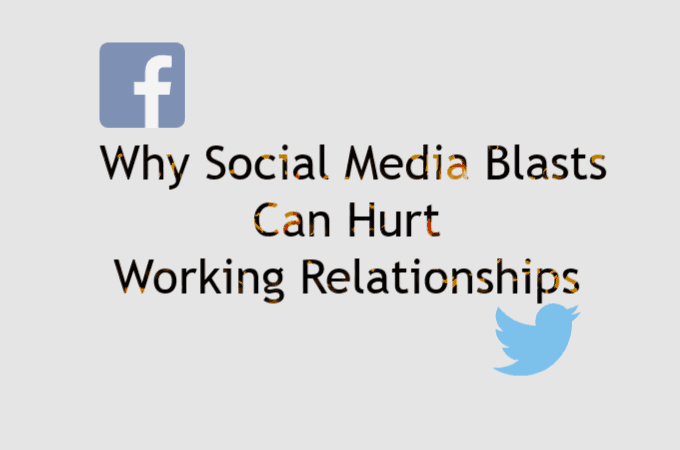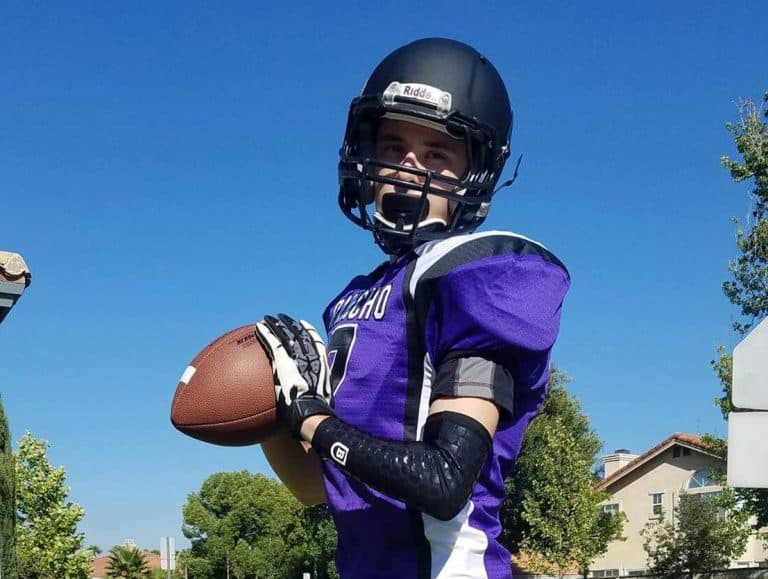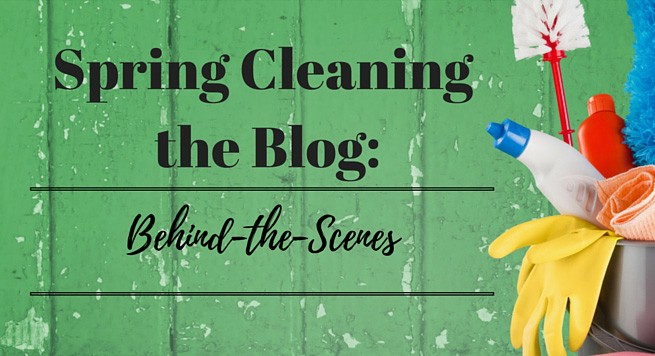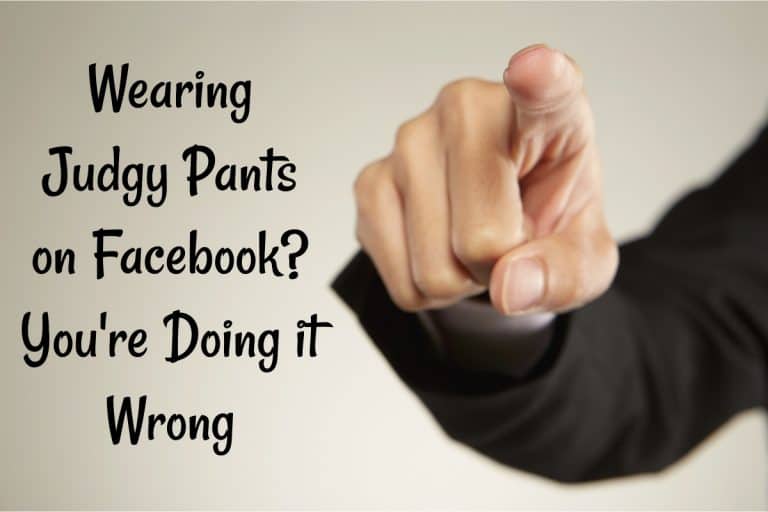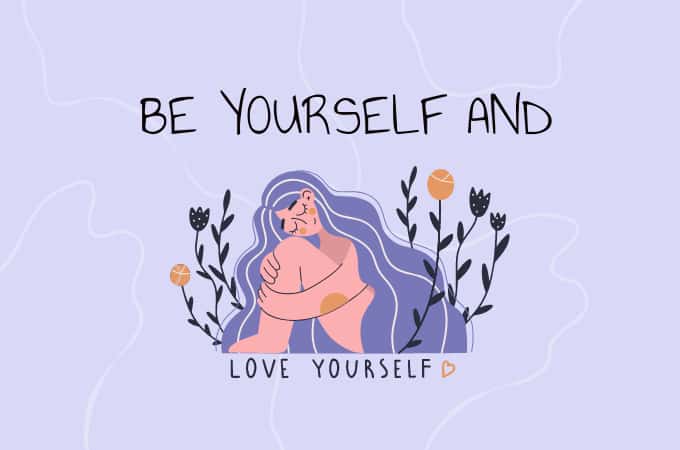How to Maintain Online Safety for Our Kids and Ourselves
As a parent in today’s technology-based world, I have worried about the issues my kids face that I didn’t face at their age. When I grew up, we were taught stranger danger tactics. It seemed pretty simple: don’t talk to strangers. Sure, we needed it reinforced, to add things like “Even if asks you to come see his puppy or she offers you candy, you say no and run away.”
Nowadays, while public safety as important as it was years ago, that’s just the beginning. Parenting’s gotten a lot harder because we have to work twice as much to protect our children’s safety, and one big key to doing that successfully is keeping them safe online. Online safety is a whole new ballgame.
There are a lot of good articles out there about online safety, so I’m going to share with you some of my experiences as a mom of four who has been working online in community management and social media for almost 20 years to give a different perspective.
My kids have grown up during the social media evolution. When my oldest children were toddlers, there was no world wide web available to everyone. Most people had to purchase a subscription plan for AOL or Compuserve, and mobile phones didn’t even exist outside of a big box you had to carry around. As the net became commonplace and cellphones were available for everyone, I started a new career working online and I took my kids along for the ride. Online safety protocol was in its infancy. I’d share stories about news articles I read and worst yet, situations I saw happen firsthand online. The news articles were great education but nothing hit home as much as saying “You know Patsy? Her daughter is in the hospital…” They had to listen to the consequences of people making bad choices or erroneously getting involved with the wrong person and giving out a phone number. The stories were scary. We talk about road rage but it happens online, too; upset the wrong person and they don’t always just go away, even if you change your user name or visit another site. Early on, I participated in wonderful online interactions and saw the ugly ones, too. Because of what I saw and how I kept my kids safe over the past 20 years, I’ve put together some of my best suggestions on keeping your child safe online.
Know what social media sites which your child has joined. Get the passwords and set some guidelines. For example, we had a strict rule about vulgarity. If someone posted a bad word to a Facebook page, it had to be deleted immediately, even if it meant we deleted the entire comment. If the person did it again, they were unfriended. (This obviously is dependent on the child’s age, but we stuck to it until they were 18.) Another good rule is that they cannot friend anyone without you approving first. My youngest one broke this repeatedly; as a result, he went without access to one for so long that he learned to live without it and now hasn’t been on it in ages.
Supervise your child’s online activity. Not only does this mean you need to review their pages consistently, but a Google search of their handle(s) will help see if they’ve joined anywhere without you knowing or are being discussed elsewhere. I learned that my oldest daughter’s sports activity had broken a basic credo of privacy: her name was all over boards and sites about her team, and there had been no photography release offered for these underage children. My oldest son learned the hard way that pretending to be over 18 so he could access adult sites meant no computer access at all, not even for school; try explaining that to a teacher. Guess you’ll think twice next time you try to look at boobs.
Before you say “My child would never do that,” let’s be real. There is no perfect child. They’re all perfect to us, but in reality, they’re learning, trying new things and testing their limits. They think they know things and are going to try stuff, sure that it will be successful. They don’t have the experience and knowledge that we have, those things that help us see the big picture of possibilities, so it’s our responsibility to look past their cuteness or how innocent we want them to be and steer them in the right direction.
Now that we’ve gotten that out of the way, talk to your children about what they’re safe to share online. Set rules that make it clear that identifiable information is never to be shared. No pictures that show their school name or where they’ll be at what time; include reminders that things like a cheerleader uniform or a photo of an outing will reveal way more than they intend, and the nasties out there know how to use that information. Make sure they understand why you’re so concerned about online safety.
We can’t control what others’ kids do, but talk to them about being tagged in photos as well. Perhaps make their account limit what others can tag them in.
This may sound harsh or like an intrusion to your child’s privacy. You’re right, it is harsh. Your child’s life and safety really can depend on it. (But privacy? If they live in my house, privacy is a closed door, not a promise I’ll never look in your room if I have concerns. Want complete privacy? You’ll be 18 and can move out soon enough.) I’ve known kids who were lured to a park by a molester, and parents whose kids were stalked online. People can be anyone they want to online. One random photo theft and they are suddenly an attractive 17-year-old boy so that harmless chat he’s having with your daughter could end up being him persuading her to meet him at the mall so they can have a date. You can figure out how that ends on your own. You can’t be too cautious. Those adults taking on a young persona to do any number of things really do exist.
All that said, I’m not suggesting paranoia. I’m advocating caution. Social media is here to stay and I am a fan of teaching responsible use of things, which leads to trust, instead of outright denial. This is no exception. They can still enjoy being online and be safe at the same time.
To wrap it up with one more important point, please consider the safety and privacy of yourself and others as well. Just because a child irritates you or wears an ugly shirt or you can’t believe what his mom just let him do, don’t post a stranger’s child online. That’s not your call to make, in ANY situation. If there is a safety issue, contact the authorities but everyone’s entitled to their privacy and if they’re a stranger, you simply don’t know enough to risk ruining their reputation because you don’t like their behavior. Remember how none of our children are perfect? Yeah, well, you don’t want your child used as an example online without your permission either, right? And don’t like how someone parks at the mall? Aside from moving on with your life and getting over someone else’s problem, don’t pull out the chalk, write something clever and then post it to Facebook. (I totally don’t understand the need to do that or how I should brag about my bad behavior, even if partially deserved.) It’s really not that funny, and that person, no matter what a butthead they may be, deserves their privacy. I cringe when I see people post photos of a stranger’s attire or actions in the public eye. Public shaming is unnecessary. There’s a lot of talk in the news about how parents shouldn’t do it to their children, but we can’t somehow find a way to make ourselves exempt from the decency factor either. And our kids learn from our examples.

